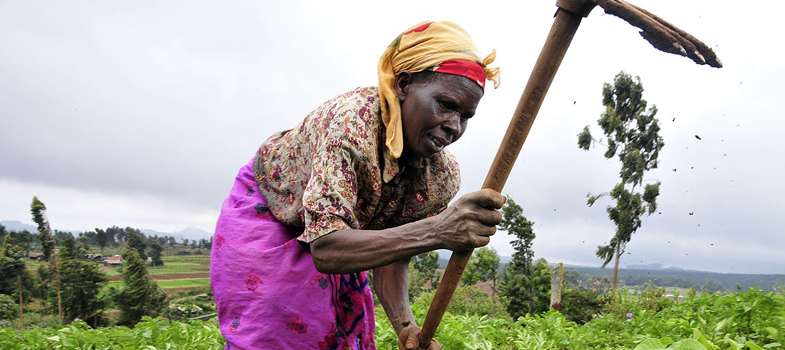1.3 Why co-operatives are considered resilient organisations
In recent times, there has been much concern about the effects of the financial crisis in Europe and the United States of America (USA). This concern has been both in Europe and the USA, as well as other parts of the world. When markets dry up, businesses start to close down and people lose their jobs or sources of livelihood, there is increasing interest in enterprises that survive and in what enables them to survive in difficult conditions.
Co-operatives are one type of business that seems to have a certain resilience in the face of crisis. Well-known co-operatives researcher, Johnston Birchall, has written on this subject with respect to co-operatives in the global North. By global North, I mean those countries that are relatively economically developed, compared to the global South, where countries are economically less developed. These categories also tend to signify historical power relations between different parts of the world as well, but it is important to remember that they are not rigidly defined or static categories, as the current rising powers and emergent economies make clear.
First, in 2009, after the banking crisis of 2008, Birchall wrote a working paper with Lou Ketilson for the International Labour Organization (ILO) which argues that in the finance sector, co-operative banks and savings organisations are more risk-averse (Birchall and Ketilson, 2009). Birchall and Ketilson also note that where co-operatives have taken big hits over time, such as in many African countries, they are on the rise again and growing fast in some countries, such as Uganda.
Their argument for the resilience of co-operatives is based on what co-operatives are intended to be as organisations and the values and principles that guide them (see Section 1.1). In this and a later paper (Birchall, 2013), Birchall points out that the membership-owned nature of co-operative businesses will afford different advantages depending on the type of co-operative. These are summarised in Table 2.
| Derived from ownership | Derived from control | Derived from benefits | |
| Consumer OBs | Prevents cartels or monopolies that damage consumer interests. Enables trust in long-term relationships under uncertain contracts. |
Focuses the business on what matters to consumer members. Enables ethical choices to be made. Manages risk effectively. |
Patronage refund acts as a ‘cost price’ mechanism providing consumers with goods at lowest possible cost. |
| Producer OBs | As above in relation to producer interests. | As above in relation to producer members. | As above in relation to supply, and with second payment for goods marketed adjusting to cost of providing the service. |
| Employee OBs (as a subset of producer OBs) | Prevents employers from exploiting workers when labour is in a weak bargaining position. | Prevents asset stripping, hostile takeovers. Provides choice over working conditions, prevents redundancy. |
Footnotes
(Note: OB means Owned Business)Although Birchall has simplified the types of co-operative in this table, it gives an idea about why co-operatives or member-owned businesses may be more resilient than other types of business. You may want to pause and reflect on this table in relation to your own experience of co-operatives.
1.2 How are co-operatives organised?
